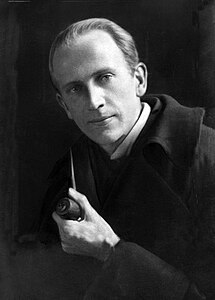Analysis of Hoppity
Christopher Robin goes
Hoppity, hoppity,
Hoppity, hoppity, hop.
Whenever I tell him
Politely to stop it, he
Says he can't possibly stop.
If he stopped hopping,
He couldn't go anywhere,
Poor little Christopher
Couldn't go anywhere...
That's why he always goes
Hoppity, hoppity,
Hoppity,
Hoppity,
Hop.
| Scheme | aBcxxc xdxdaBBBc |
|---|---|
| Poetic Form | |
| Metre | 100101 11 111 010111 0101111 1111001 11110 110110 110100 10110 11111 11 1 1 1 |
| Closest metre | Iambic trimeter |
| Characters | 295 |
| Words | 48 |
| Sentences | 5 |
| Stanzas | 2 |
| Stanza Lengths | 6, 9 |
| Lines Amount | 15 |
| Letters per line (avg) | 16 |
| Words per line (avg) | 3 |
| Letters per stanza (avg) | 117 |
| Words per stanza (avg) | 23 |
Font size:
Submitted on May 13, 2011
Modified on April 26, 2023
- 15 sec read
- 126 Views
Citation
Use the citation below to add this poem analysis to your bibliography:
Style:MLAChicagoAPA
"Hoppity" Poetry.com. STANDS4 LLC, 2025. Web. 15 Jan. 2025. <https://www.poetry.com/poem-analysis/247/hoppity>.



Discuss this Alan Alexander Milne poem analysis with the community:
Report Comment
We're doing our best to make sure our content is useful, accurate and safe.
If by any chance you spot an inappropriate comment while navigating through our website please use this form to let us know, and we'll take care of it shortly.
Attachment
You need to be logged in to favorite.
Log In